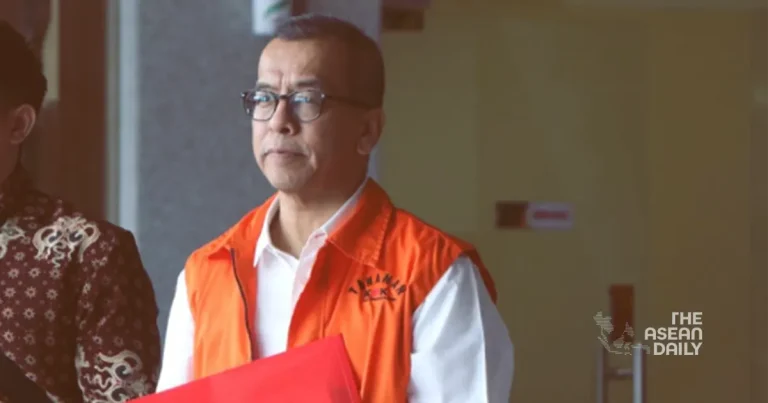1-8-2024 (JAKARTA) A Jakarta court has handed down a five-year prison sentence to Emirsyah Satar, the former chief executive of state-owned airline Garuda Indonesia, for corruption related to aircraft procurement deals.
The ruling, delivered today, centres on the purchase of jets from Canadian manufacturer Bombardier and French-Italian aircraft maker ATR, which prosecutors allege were acquired without proper procedures or board approval in 2011.
Judge Rianto Adam Pontoh of the Jakarta corruption court found Satar guilty of corruption charges, imposing not only the prison term but also ordering him to pay a fine of 500 million rupiah (approximately £26,000), as reported by Indonesia’s state news agency Antara.
The court documents reveal that the lack of transparency in these deals led to poor performance of the acquired aircraft, resulting in an estimated loss to the state of around US$610 million (£478 million).
This is not the first time Satar, who helmed Garuda Indonesia from 2005 to 2014, has faced legal troubles. In 2020, he was sentenced to eight years in prison for bribery and money laundering related to the purchase of aircraft and engines from European aerospace giants Airbus and Rolls-Royce.
Monang Sagala, Satar’s legal representative, confirmed the ruling to Reuters but stated that a decision on whether to appeal has not yet been made.
The case has sent shockwaves through Indonesia’s aviation sector, highlighting the ongoing challenges of corruption and lack of oversight in major state-owned enterprises. It also raises questions about the procurement practices of national flag carriers and the potential ramifications for international aircraft manufacturers.
The conviction underscores the Indonesian government’s efforts to crack down on corruption, particularly in strategic sectors like aviation. However, it also exposes the deep-rooted nature of such practices and the difficulties in ensuring transparency in high-value international business deals.
Neither Garuda Indonesia, ATR, nor Bombardier have yet responded to requests for comment on the ruling. Their silence leaves open questions about potential implications for future business relationships and the broader impact on Indonesia’s aviation industry.




